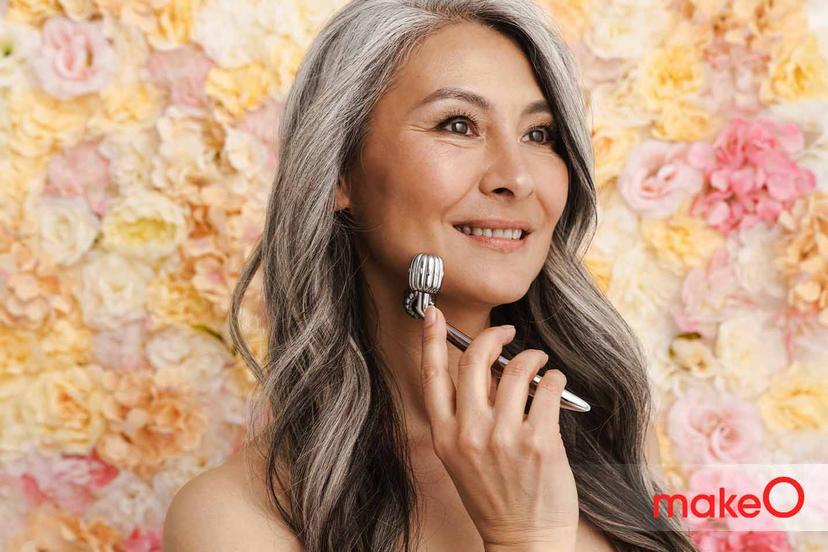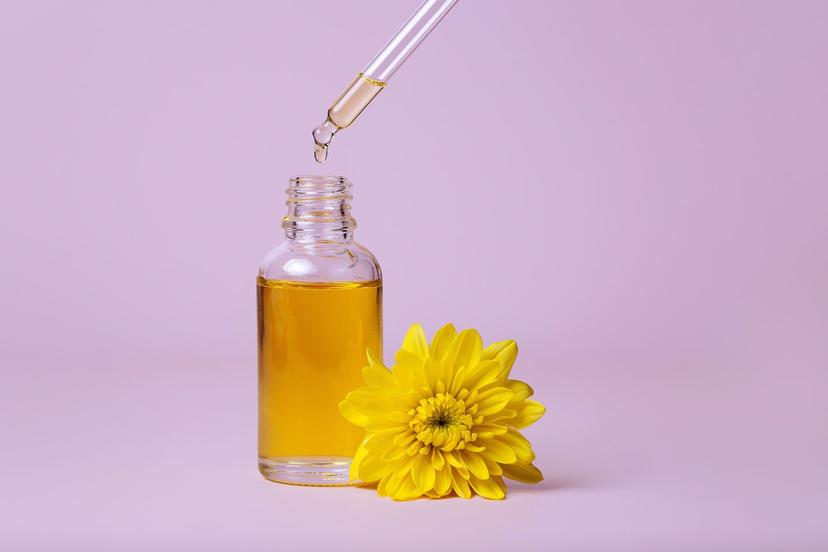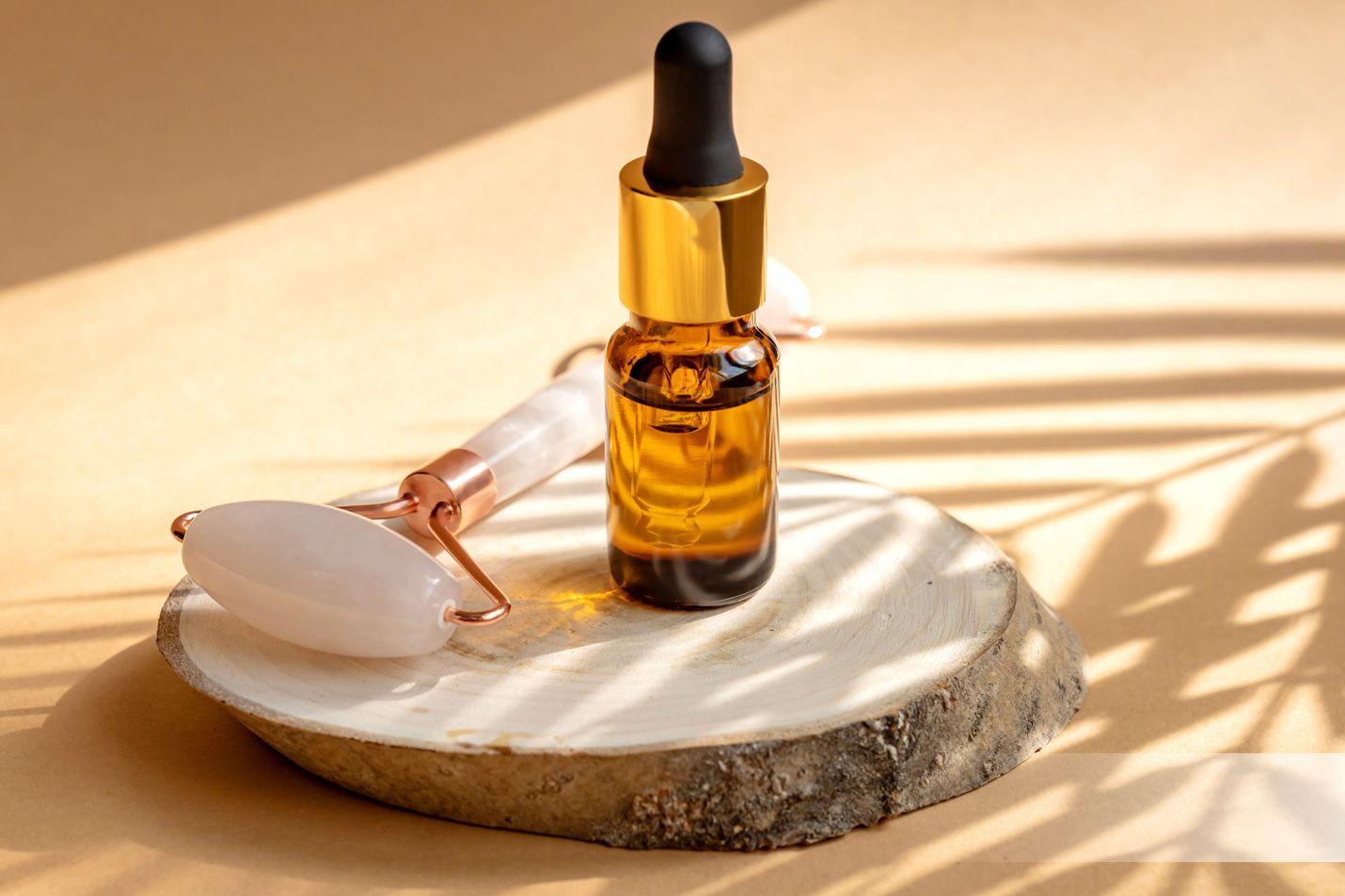MakeO blog
When it comes to developing a skincare routine, there are various options available to address various skin concerns. Two popular products that have gained significant attention among skincare enthusiasts are facial oils and serums. These skincare essentials serve distinct purposes, catering to different skin needs. In this article, we will explore the difference between face oil and face serum, their specific uses, and how to incorporate them effectively into your skincare routine.
What are Facial Oils and Serums?
a. Facial Oils
Facial oils are concentrated products derived from plant extracts or essential oils, offering deep hydration and protection to the skin. These oils contain nourishing fatty acids, vitamins, and antioxidants, which are easily absorbed, leaving a smooth, non-greasy finish on the skin.
b. Serums
Serums are lightweight formulations containing a high concentration of active ingredients. They are designed to deliver potent doses of beneficial compounds, such as vitamins, peptides, and antioxidants, to address specific skin concerns. Serums are fast-absorbing and offer targeted solutions for various skin types.
Difference Between Facial Oils and Serums
To provide a clear understanding of the difference between serum and oil, let us explore the key differences in a tabular format
Area
- Consistency
- Main Purpose
- Key Ingredients
- Absorption
- Skin Types
Facial Oils
- Lipid-based, heavier texture
- Hydration, nourishment, protection
- Plant extracts, essential oils, fatty acids
- Slower absorption leaves a protective film
- Dry, dehydrated, mature skin
Serums
- Lightweight, watery consistency
- Targeted treatment for specific concerns
- Active compounds, vitamins, antioxidants
- Rapid absorption, penetrates deeper into the skin
- All skin types (varies based on specific serum)
When to Use Facial Oil and Serum?
Determining when to use a face oil or serum first depends on your skin type, concerns, and where it fits into your skincare routine:
a. Facial Oil
Apply facial oil as the final step in your skincare routine to seal in moisture and provide a protective barrier. It is particularly beneficial for individuals with dry, dehydrated, or mature skin. If you have oily or acne-prone skin, choose lightweight, non-comedogenic oils to prevent clogging pores.
b. Serum
Use serums after cleansing and toning, but before moisturising. Serums can be used by all skin types as they offer targeted solutions for specific concerns like fine lines, hyperpigmentation, or dullness. Select a serum that addresses your specific needs.
How to Use Facial Oil?
- To maximise the benefits of how to use face oil, follow the steps given below
- Start with clean and toned skin.
- Take 3-5 drops of facial oil on your fingertips.
- Gently massage the oil onto your face and neck, avoiding the eye area.
- Allow the oil to absorb for a few minutes.
- Follow with moisturiser or sunscreen if desired.
How to Use Face Serum?
To effectively incorporate a serum into your skincare routine and to know how to apply serum on face, follow the step given below
- Cleanse and tone your face thoroughly.
- Take a small amount of serum, about the size of a pea, on your fingertips.
- Apply small dots of serum on your forehead, cheeks, chin, and neck.
- Massage the serum into your skin using upward, circular motions.
- Allow the serum to fully absorb into your skin before applying moisturiser.
Facial oils and serums are valuable additions to your skincare routine, offering unique benefits for your skin. Use facial oil as the final step for sealing in moisture and apply serums after cleansing and toning but before moisturising. Customise your skincare routine to achieve optimal skincare results.
Understanding the differences between facial oils and serums allows you to customise your skincare routine according to your skin type and concerns. Whether you need deep hydration, nourishment, and protection or targeted treatment for specific issues, incorporating the right product at the right step in your routine can enhance your overall skincare results.
FAQs on face oil or serum first
Which is better, face oil or serum?
The effectiveness of face oil or serum depends on your specific skin care needs. Face oils provide hydration and nourishment, while serums target particular concerns like fine lines or hyperpigmentation.
Should you use face oil and serum together?
Combining face oil and serum is possible in your skincare routine. Apply the serum first to address specific concerns, and then follow with a face oil for added hydration and protection if desired.
Are facial oils necessary?
Facial oils are not always necessary as skincare needs differ. However, they can be beneficial for dry, dehydrated, or mature skin types that require extra nourishment and hydration.
Which facial oil is best?
The ideal facial oil varies based on individual skin type and concerns. Options like argan oil provide hydration, rosehip oil brightens and evens skin tone and jojoba oil balances oil production. Choose an oil that suits your specific needs.
related categories
Related articles

Anti-Ageing Face Oils: Unveiling the 10 Best Facial Oils for Youthful Skin

5 Common Mistakes to Avoid When Using a Face Roller

Is Aloe vera effective for acne? Find out

5 Side Effects of Hair Removal Creams That You Must Know

